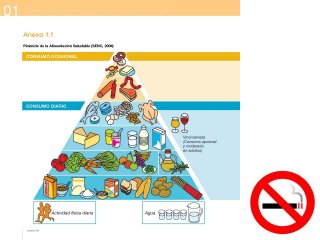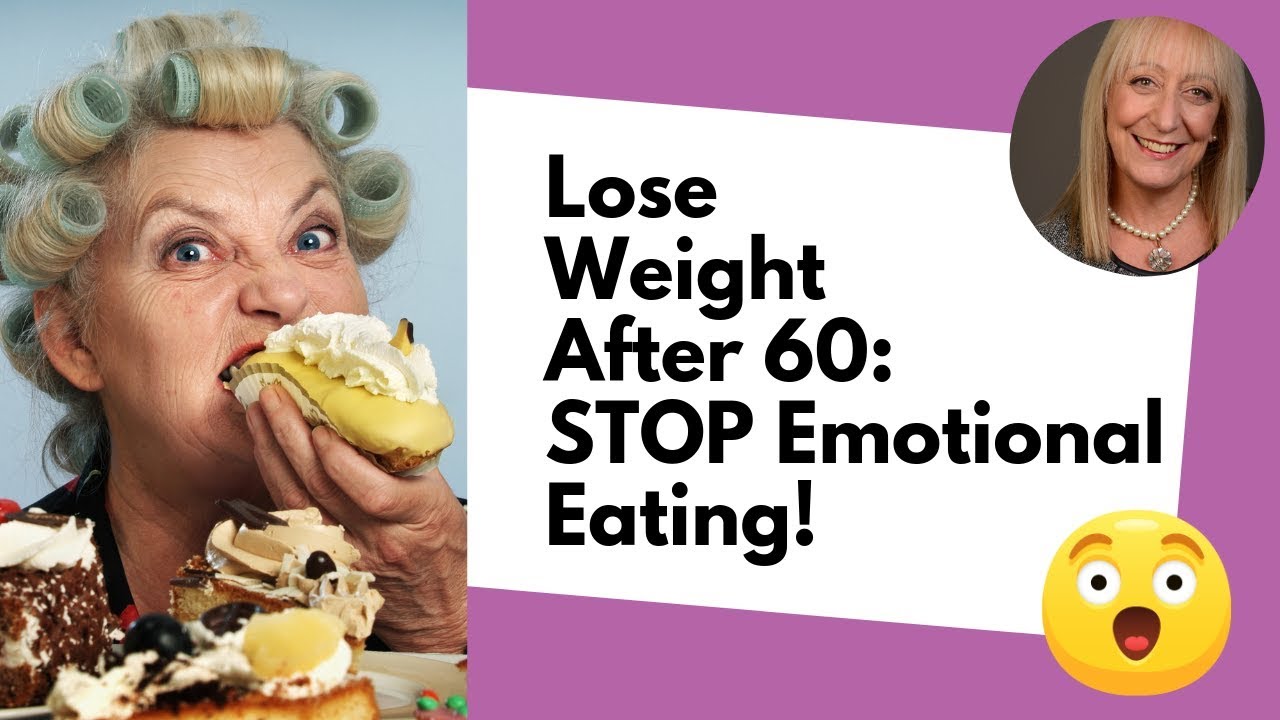
The connection between exercise and weight management is not only beneficial for people who are overweight or obese, but it also has several positive health effects. Regular exercise is crucial for maintaining a healthy weight. If you are looking to lose weight, or keep your weight healthy, you should aim for at least 30 minutes of exercise each day. Your overall health will be improved by increasing your physical activity and decreasing your sedentary hours. Experts recommend that 150 minutes of moderate-intensity activity be done each week. If this is impossible, you might consider other activities, such as yoga, which can be great for weight loss.
Moderate intensity
Studies suggest that moderate-intensity exercise can improve a person's sense of fullness and decrease food intake in the late stages of pregnancy. Researchers at Hopkins and Blundell JE looked into the effects of exercise in controlling appetite over the short- and long-term. Moderate intensity exercise can also help improve mood and self confidence, which are key factors in weight loss. If a person isn't interested in intense exercise, moderate intensity exercise may be beneficial.
Scientists use a simple test for determining the intensity of moderate-intensity activity to determine its effectiveness. Participants are asked if they can speak and inhale for at least 10 minutes to gauge the intensity. Moderate-intensity exercise can be a great way for people to get more physical activity in their lives. This could include activities such as walking two miles or biking five miles.

Cardiovascular
Cardio exercises can increase your heart rate as well as lung capacity. This is vital for weight management. No matter your level of fitness, cardio is an integral part to any exercise program. Cardio exercises include running and swimming as well as jogging and cycling. The CDC recommends at least 30 minutes of cardiovascular exercise most days of the week. Cross-training, jumping rope and kickboxing are all examples of cardio exercise.
Cardio training can improve your immune system by reducing the risk of illness and bacterial infections. It improves blood circulation and keeps your body healthy. Without proper circulation, you are at risk for stroke and heart attack. Cardio is good for burning calories, but it should be used in conjunction with strength-training to help you manage your weight. A good workout can make you more committed to your exercise routine.
Strength training
Strength training is a vital part of any fitness program, no matter if you are trying to lose weight or manage it. Strength training can help you burn calories and protect your joints. It also preserves independence as you age. You can use strength training to improve your balance and reduce your risk of falls. There are many advantages to strength training. For example, it can reduce symptoms and signs associated with chronic diseases. What is strength training, exactly?
Excessive post-exercise oxygen consumption (EPOC) is one of the best ways to lose calories after a workout. Strength training uses more energy than other types of exercise. As such, more calories are burned during workouts and recovery. Strength training is also called "post-exercise" exercise. Strength training can help you lose weight and increase your metabolism by up two hundred calories each time you do it.

Yoga
Among the many benefits of yoga, it can help you lose weight. It improves your flexibility and strength while at the same time building mental focus. You can also lose weight and maintain a healthy lifestyle through regular yoga practice. It has been shown that regular yoga practice can reduce cortisol levels. This is known to be a major killer of fat-loss. Some yoga forms, like Vinyasa or Ashtanga, can also be great cardio exercises.
If you're considering starting a yoga program, it is important to consult a professional. Your primary care doctor may be an expert in integrative medicine. He or she can design a customized exercise program for you. Your doctor may recommend that yoga-certified physical therapists be sought out. These individuals are more likely to be able to provide individualized attention and guidance. Yoga may not be the best choice for you if your health is in jeopardy.
FAQ
What foods should I consume during an intermittent fast to lose weight
To lose weight, the best thing to do is cut back on carbs. This means eliminating carbohydrate-based foods such as pasta, bread, rice, potatoes, or other carbohydrate food.
It is important to eat less protein, as it will keep you fuller longer. So you won’t feel hungry as often.
Focus instead on foods high in healthy fats such olive oil and avocado, as well as nuts and seeds. These foods help keep you satisfied for hours after eating them.
It is important to drink enough water. Water can help you lose fat by keeping you hydrated.
It is possible that you will find yourself craving these foods while you are fasting. However, you don't have the right to succumb to these cravings. If you do, you could gain more weight than you lost.
In order to prevent eating too much, limit the amount you eat during the day. Instead of reaching for another snack, sip a glass of water when you feel hungry.
This might sound counterintuitive, but it's actually been proven to help you slim down. According to a study published in Obesity, participants consumed fewer calories if they drank plain water rather than sugary beverages.
Consuming water plainly also helped to decrease hunger. If you want to lose weight, avoid sweetened beverages and drink water.
Weight loss doesn't require you to restrict your intake of calories or eat less. Instead, you should make small lifestyle changes.
Start by switching your regular breakfast sandwich for a bowl oatmeal. Or swap your afternoon cookie for a piece of fruit.
These easy swaps can add up and help you lose weight without spending hours in the kitchen.
What Amount Of Exercise Is Needed For Weight Loss?
Many factors influence how much exercise is needed to lose weight, such as age, gender, body size, and weight. Most people need to exercise at least 30 minutes five days a weeks.
The American College of Sports Medicine recommends 150 minutes of moderate-intensity aerobic activity each week, spread over three days.
You can lose 10 pounds by doing 300 minutes of moderate-intensity exercises each week, for example. This includes activities such brisk walking and swimming laps, bicycling, dancing, playing tennis or golfing, hiking, running, jogging and other similar activities.
Consider doing 20 minutes of vigorous exercise thrice a week if you are just starting out. These activities could include sprints and lifting weights.
Aerobic exercise can also help you burn calories and increase muscle mass. Muscles burn more calories than fat. So building muscle while losing weight may help you achieve your goal faster.
How often do people fast?
The majority of people who follow the ketogenic diet fast only once a week. Some people fast twice weekly. Some others fast three days per week.
Every fast is different. Some people fast for 24 hours, whereas others fast for 48 hours.
Some people even go longer than 72 hours. But these extreme cases are very rare.
How to Create an Exercise Routine?
It is important to establish a routine. You need to know what you will do each day and how long you will spend doing it. This helps to plan ahead and avoid procrastination.
Second, make sure that your workouts are varied. You don't want your exercise to be monotonous.
You should also keep track of how you are progressing. It is crucial to track how much weight has been lost or gained.
If you lose weight and then gain more weight, it is easy to lose your motivation. On the other hand, if you gain too much weight, it becomes harder to stay motivated.
Find a healthy balance between losing weight and gaining weight. If you're not happy with where you are, then you'll be less likely to continue exercising.
What effect does intermittent fasting have on my sleep?
Intermittent fasting can affect your sleep. You may notice an increase in hunger hormones if you skip meals. You might find yourself awakened at night due to your hunger hormones.
Experts suggest skipping breakfast. Instead, they suggest having a light snack before bedtime.
If you are still hungry after your snack, you can eat a small dinner right before you go to bed.
Be careful not to overeat. If you do this, you might gain weight instead of losing it.
Statistics
- According to a study sponsored by the American Council on Exercise, a person weighing around 140 pounds (64 kg) would burn 108 calories at a 30-minute beginner's Pilates class or 168 calories at an advanced class of the same duration (26). (healthline.com)
- A 12-week study in 20 women with obesity found that walking for 50–70 minutes 3 times per week reduced body fat and waist circumference by an average of 1.5% and 1.1 inches (2.8 cm), respectively (healthline.com)
- According to Harvard Health, it's estimated that a 155-pound (70-kg) person burns roughly 112 calories per 30 minutes of weight training (5). (healthline.com)
- According to Harvard Health, it's estimated that a 155-pound (70-kg) person burns around 167 calories per 30 minutes of walking at a moderate pace of 4 mph (6.4 km/h) (5). (healthline.com)
External Links
How To
How can I lose belly fat quickly?
You need to realize that losing belly fat can be difficult. It takes dedication and hard work. You will see results if these tips are followed.
-
Eat Healthy Food. Healthy eating is crucial. Healthy food includes fruits, vegetables, whole grains and lean proteins.
-
Drink Water. Drinking water keeps your body hydrated, making you feel full and satisfied for longer periods. So drink plenty of water every day.
-
Do Cardio Exercises. Cardio exercises will help you burn calories and build muscle. They also improve your heart health and boost metabolism. Cardio exercise should be done for 30 minutes each day.
-
Get enough sleep. A vital part of maintaining good health is sleep. Lack of sleep causes stress and anxiety, which leads to unhealthy habits like overeating and smoking.
-
Reduce stress levels. Stress can affect our brain chemistry. Cortisol is a hormone our bodies make when we feel stressed. It increases hunger pangs.
-
Take Regular Breaks. Take frequent breaks throughout the day. You can go for a walk outside or take a quick nap. Doing so will give your mind and body the time they need to unwind and recover.
-
Avoid Alcohol Consumption. Avoid alcohol consumption. It is high in empty calories and slows down your digestion. Drinking alcohol is not a good option if you want to lose weight.
-
Have Fun